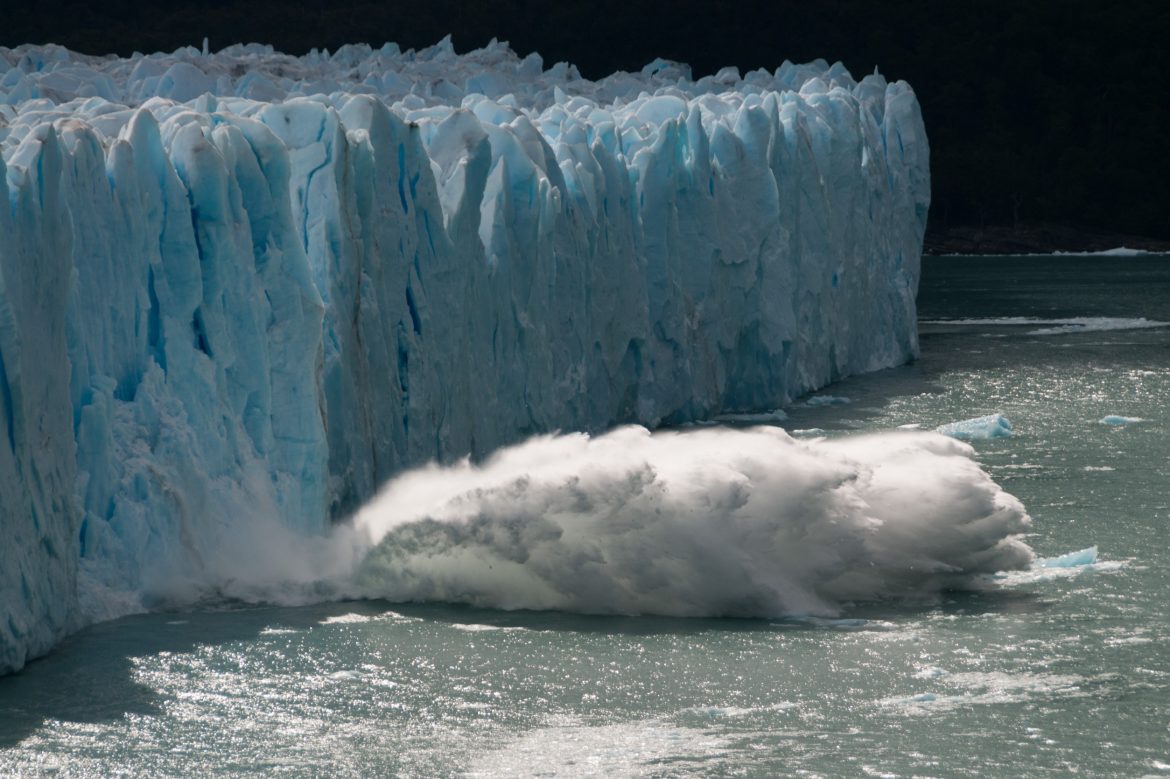
Oceans Are Warming, and Too Fast!
The oceans are reaching record temperatures at an unprecedented rate. In April 2023, the highest temperatures measured since 1982 were recorded in a row. Scientists are unable to say exactly why.
Another study published in the past weeks also revealed that in the last 15 years, our planet has warmed more than it has during the 45 years before that. Much of this warming occurs in the oceans. In March, sea surface temperatures off the east coast of North America were 13.8°C higher than the 1981-2011 average.
Karina Von Schuckmann, one of the researchers, states that they do not know why such a big change has occurred in such a short time, and that it is still early to say whether this is a natural fluctuation, climate change effect, or a mix of the two. However, the change is certain. The previous highest record for ocean temperature was observed during the El Niňo event in 2016. This year, on the other hand, it is possible that we may encounter similar or even more severe natural events due to a warmer start. It is also speculated that this could increase the global temperature average by up to 0.25 °C. In case we see a strong El Niňo this year, scientists think that we may experience climate fluctuations planet-wide, changing monsoon precipitation amounts and causing stronger wildfires.
The average sea surface temperature is currently 0.9°C higher than pre-industrial revolution levels. Of this increase, 0.6°C has happened in the last 40 years. As the oceans warm, their capacity to capture heat decreases, and they become more likely to radiate that heat back –which means, the scientists are worried.
The warming of the oceans can lead to a variety of problems; including the extinction of marine species (loss of biodiversity loss, and coral reefs in particular), extreme weather events (longer and more severe hurricanes), rise in sea levels (expanding of water and melting of glaciers), and reduced capacity to hold CO2 (warm water has decreased capacity to capture CO2, leading to a higher accumulation of greenhouse gases in the atmosphere).
Some scientists are not that pessimistic, so it may not be too late for everything yet. But, only if we mind our steps!
REFERENCES
- 1. https://www.bbc.com/news/science-environment-65339934
- 2. https://futurism.com/the-byte/scientists-horrified-sea-surface-temperatures-spike
